Plato Vs. Aristotle (Politics)
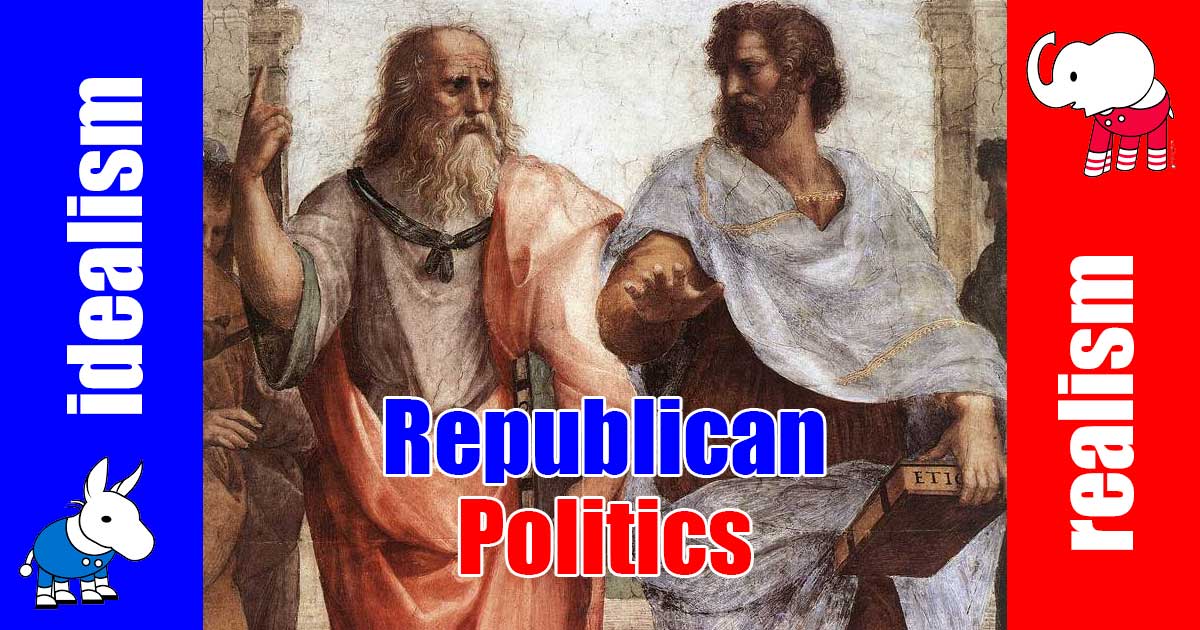
Plato can be understood as the father of rationalism and political philosophy (political idealism), and Aristotle, his student, the father of empiricism and political science (political realism).
American Politics describes the politics of America since before Liberalism, Enlightenment, and Revolution and to today. The articles below explore the most important aspects of American politics as fun facts and myths.

Plato can be understood as the father of rationalism and political philosophy (political idealism), and Aristotle, his student, the father of empiricism and political science (political realism).
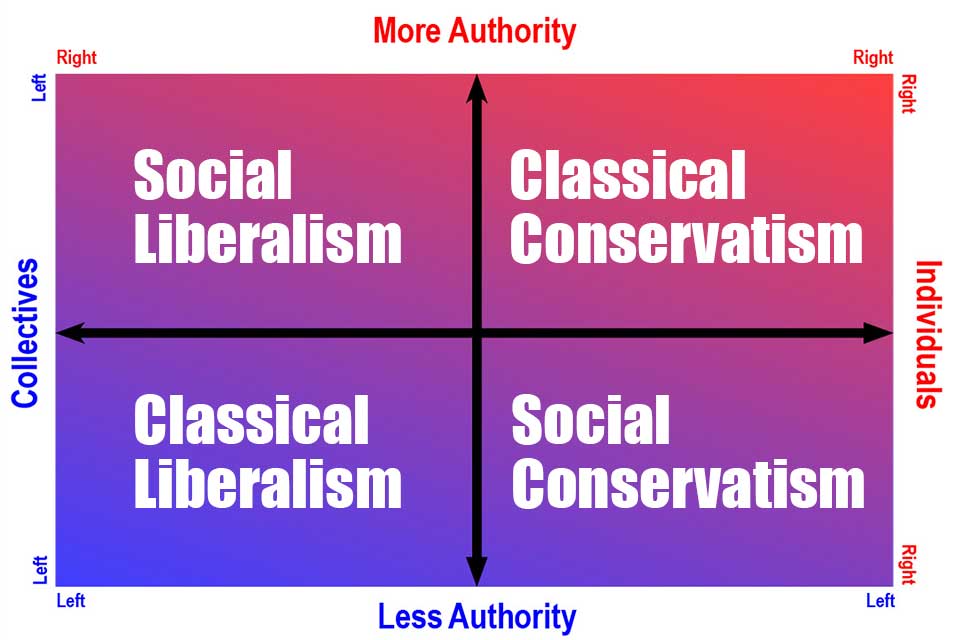
We explain liberalism and conservatism, including the different social and classical types of liberalism and conservatism.
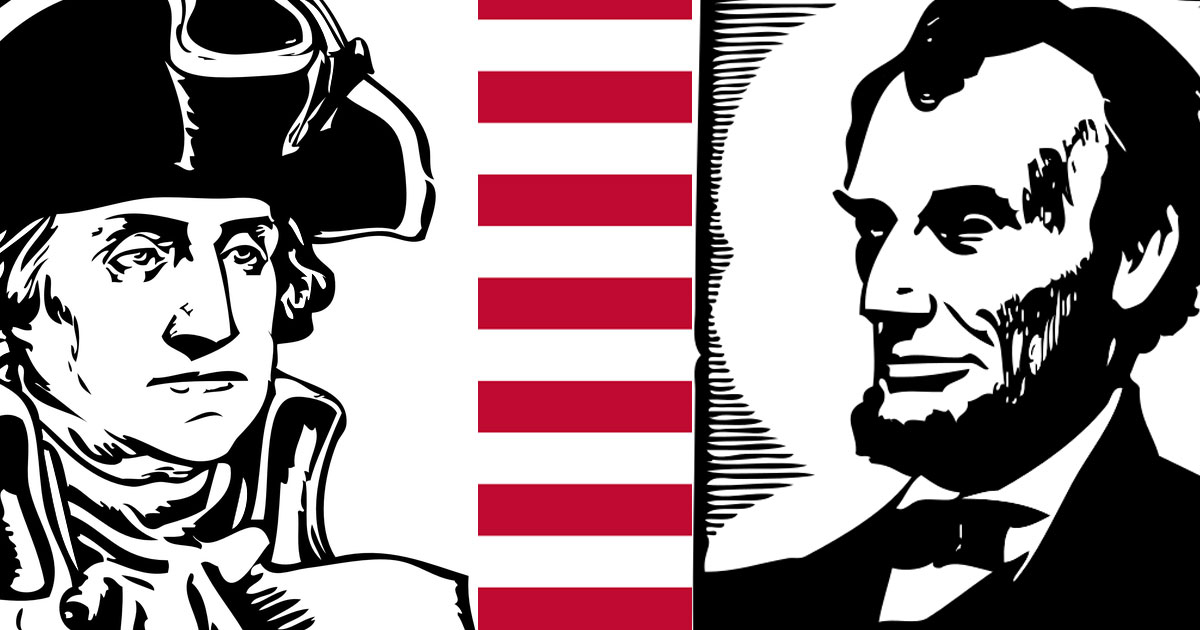
We explain the political terms conservative, moderate, liberal, progressive, and radical and how they are used in different contexts.
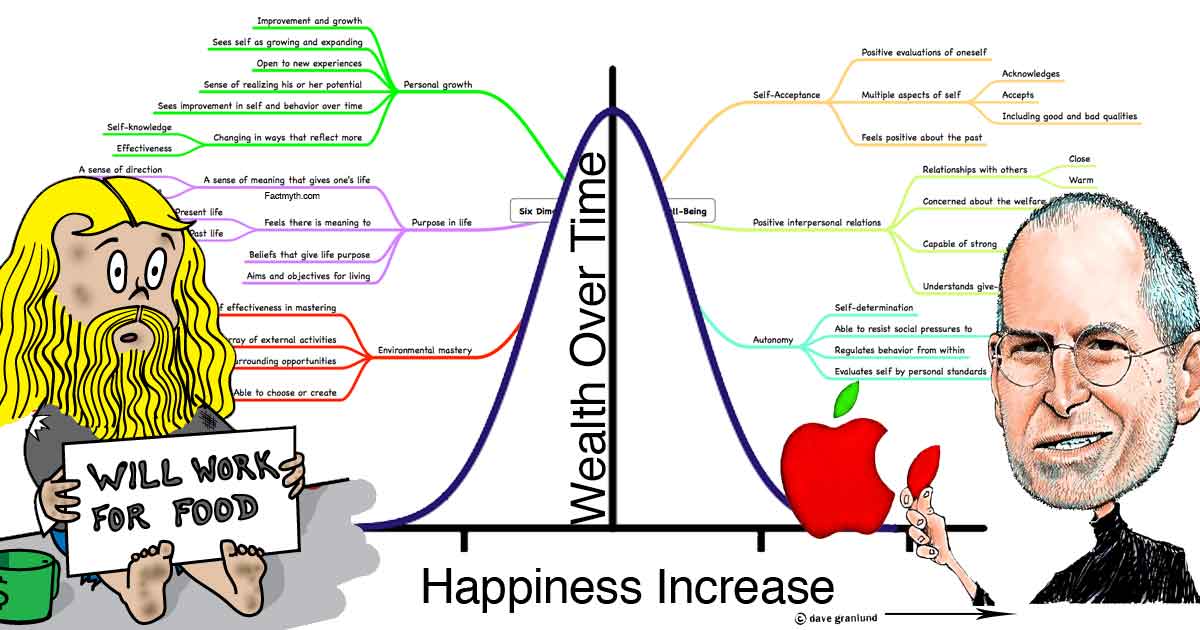
We explain two types of special interests: cronyism (politicians working with corporate interests) and monopolies / oligopolies (the consolidating of corporate power in a given industry to one or few entities).
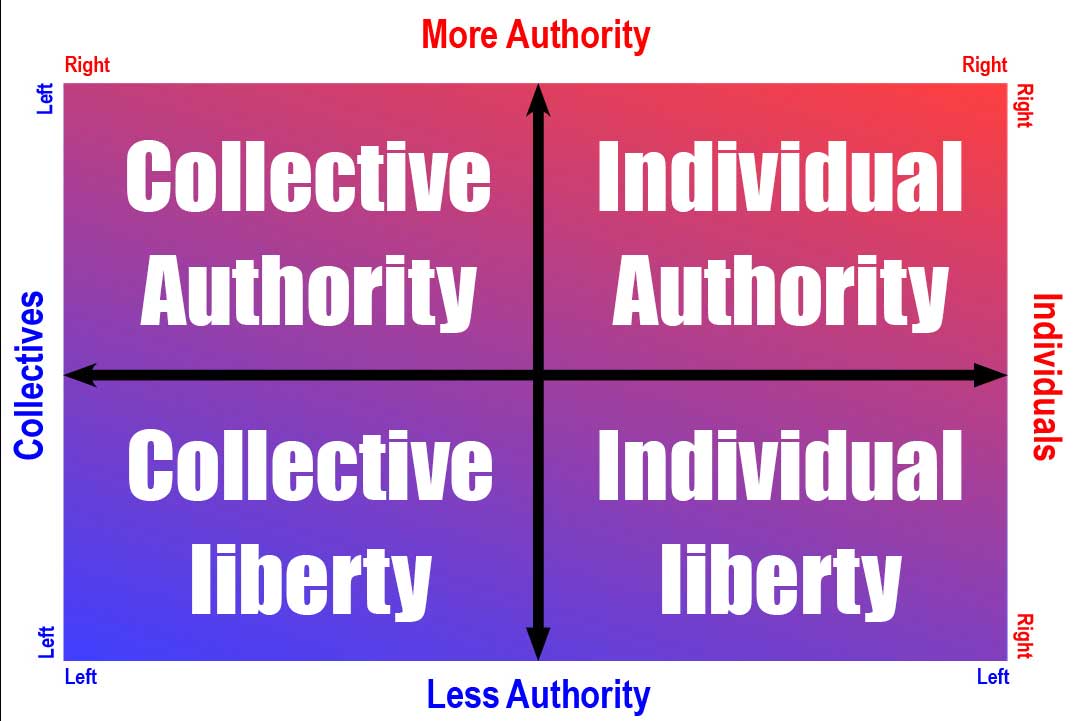
Collectivism describes ideology (political or otherwise) that favors the collective, like-wise Individualism describes ideology that favors the individual.

We explain populism, globalization, nativism, nationalism, neoliberalism, modernization, and other terms important for understanding modern world politics.

The Federalists and Anti-Federalists were the first political factions of the U.S.. They arose out of a debate over the ratification of the 1787 Constitution and went on to form the basis of our current two-party system.
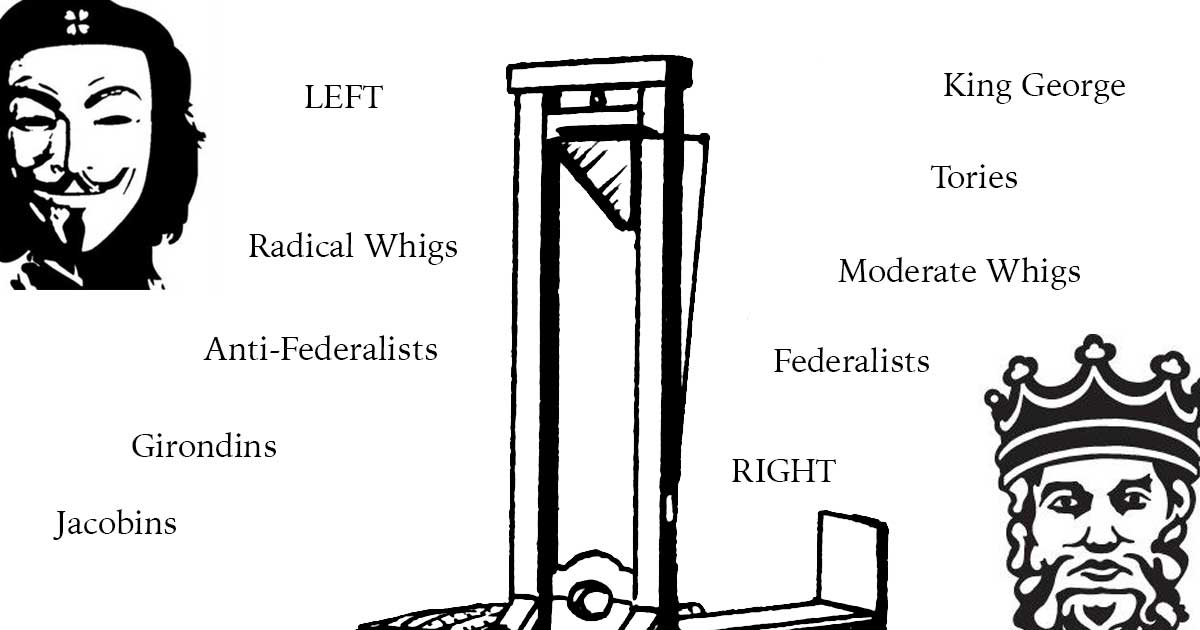
The modern usage of the political terms left and right comes from the French Revolution of 1789 when supporters of the king stood to the president’s right, and supporters of the revolution to his left.
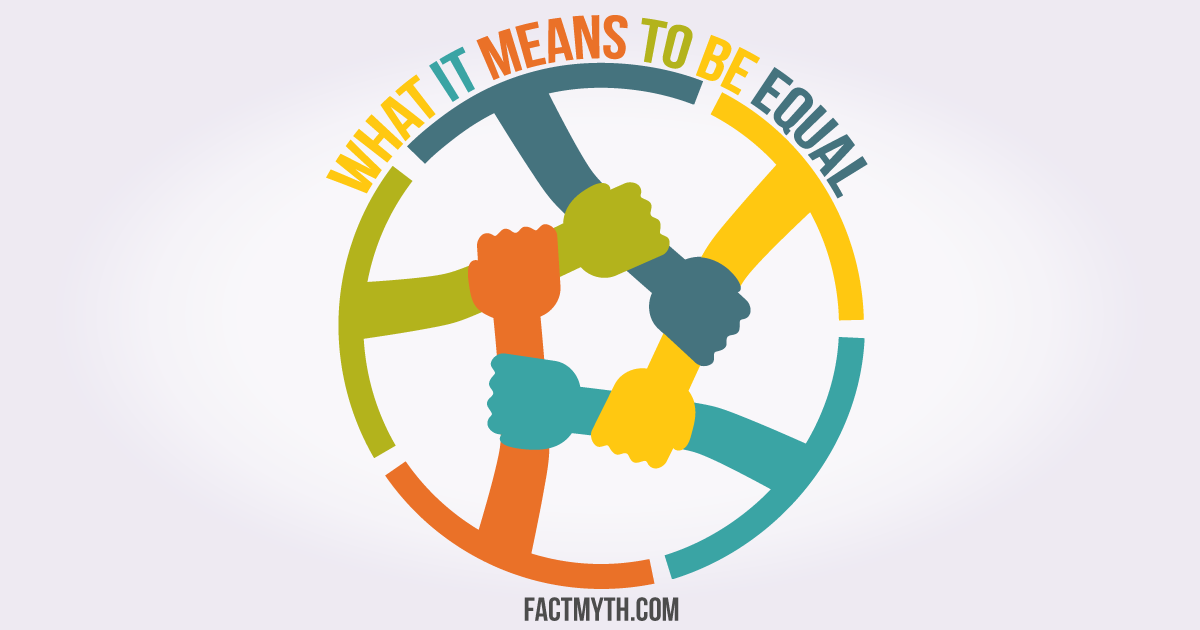
We present a summary of the history of human rights documents including the Bill of Rights, Magna Carta, Declaration of Rights and Man, and English Bill of Rights.
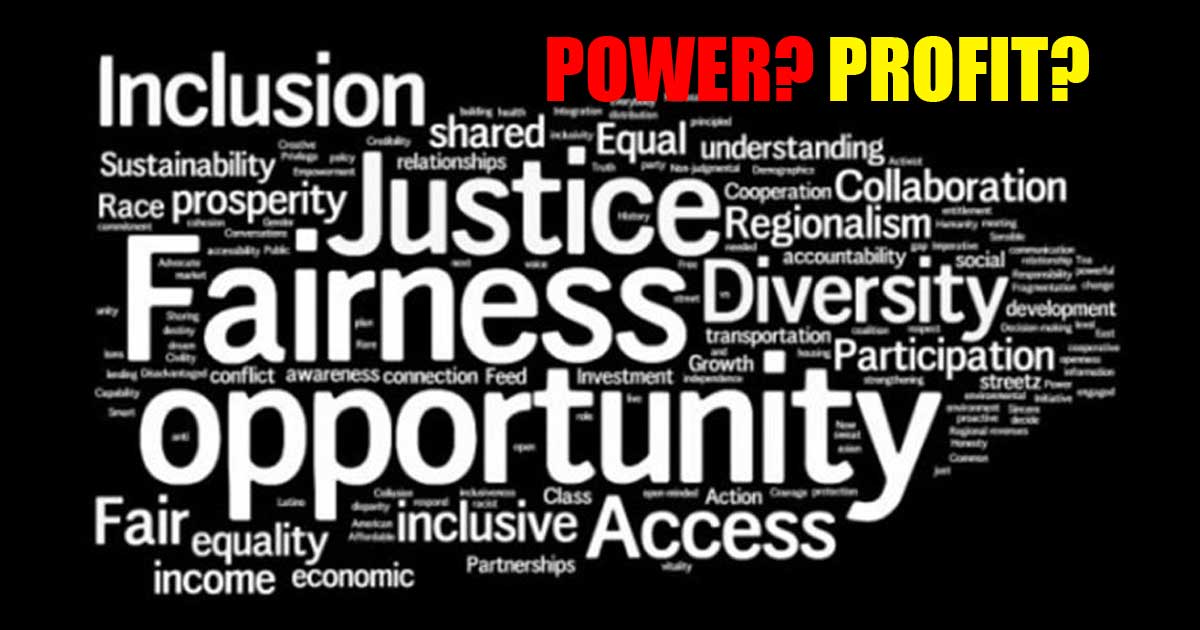
The Constitution protects our Liberty, but the law has placed limits on this. Those limits are sometimes enforced with large legal fees. To what effect this promotes social justice, and to what effect this harms social justice by creating opposition is debated.